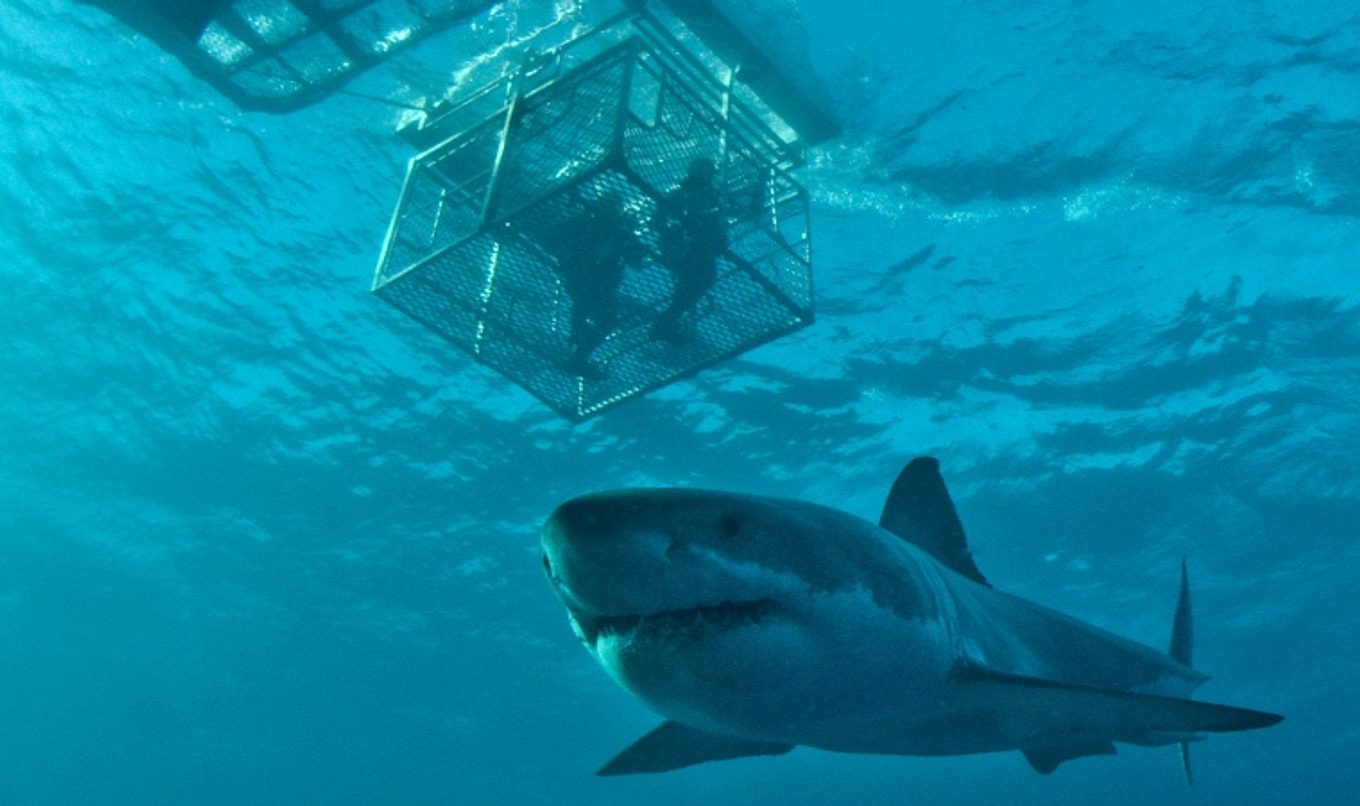SA shark cage policy recognised on a global scale
For some it’s a bucket-list activity, a unique eco-tourism experience where you can get up close and personal with the largest predatory fish on the planet.

South Australia’s Neptune Islands, off Eyre Peninsula, remains one of the few places in the world and the only place in Australia to offer shark cage-diving.
Now, new research highlighting the state’s successful management of the region and associated white shark cage-diving has been published in Marine Policy, the world’s leading journal of ocean policy studies.
Department for Environment and Water spokesperson Tim Hall said South Australia's White Shark Tour Licensing Policy set rules and guidelines to ensure white shark tourism at Neptune Islands continued to be environmentally sustainable, socially responsible, and economically progressive.
“We’ve worked closely with tour operators and our research partners at Flinders University to ensure that our policy and management of white shark tours is evidence-based,” Mr Hall said.
“Using 20 years of data collected by tour operators and 8 years of scientific monitoring and research, we can track the effects of white shark cage-diving tourism on shark residency.
“The State Government is committed to ongoing research so we can continually improve our understanding of the effects of white shark tourism on the sharks themselves.”
Professor Charlie Huveneers, Director of Flinders University Marine and Coastal Research Consortium and leader of the Southern Shark Ecology Group, said that through this partnership, researchers had been able to establish Neptune Islands as an international focal point for white shark research and raise awareness about white sharks and their conservation.
“Shark residency increased in the late 2000s at the same time as a rise in cage-diving activity. The monitoring program and adaptable management framework were implemented to measure the success of the new rules put in place,” Professor Huveneers said.
“White shark residency has returned and remained at baseline levels since 2013 showing that adequate regulations and good industry practices can minimise impacts on white sharks and ensure long-term sustainable wildlife tourism.”
Mr Hall said South Australia’s approach to managing shark cage diving was setting an example globally.
“Here in South Australia, the data and research show that our policy and management is sustainable – we aren’t seeing changes to shark residency as a result of tours,” he said.
Two shark cage-diving tour businesses operate at Neptune Islands – Rodney Fox Shark Expeditions and Calypso Star Charters. These businesses are integral to the research, providing valuable data and logistical support to help inform how the sharks are responding to the activity.
“Unquestionably these businesses and their commitment to sustainable management of shark cage-diving have established Port Lincoln and the Eyre Peninsula as the premier destination for this activity,” Mr Hall said.
“Research and monitoring will continue, with an additional operating day in the fortnightly tour schedule coming into effect in February 2023.
“Thanks to this partnership, the shark cage diving industry continues to prosper in South Australia as it fast becomes the global gold standard for this activity.”
To learn more about this multi-million dollar eco-tourism sector watch the new short film, Great White World: Great White World - YouTube

